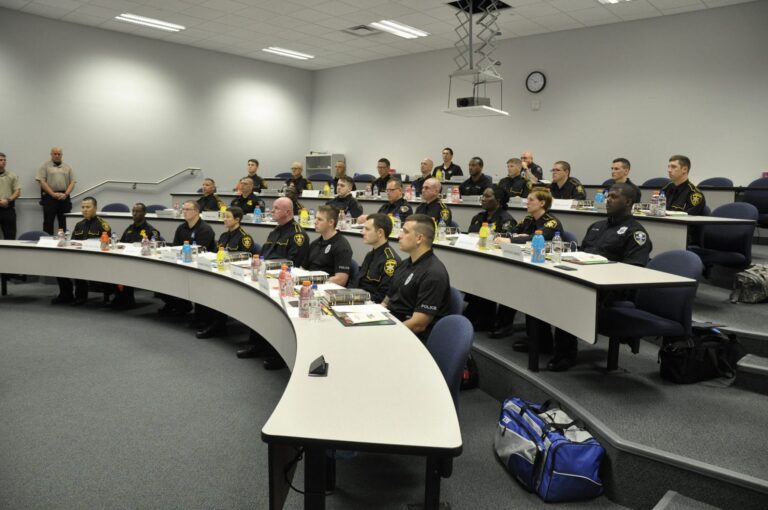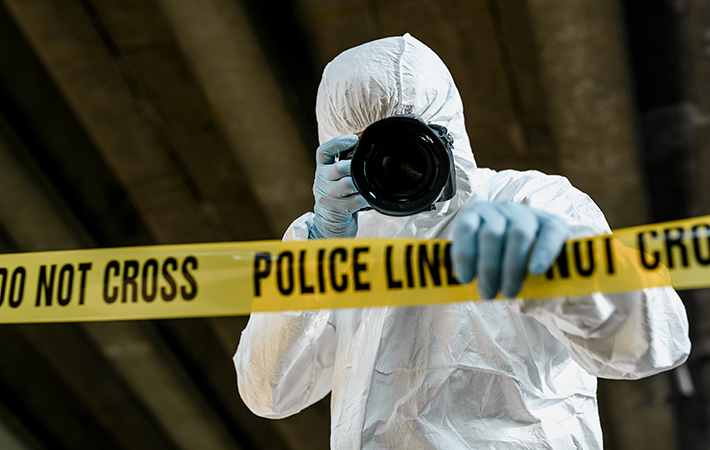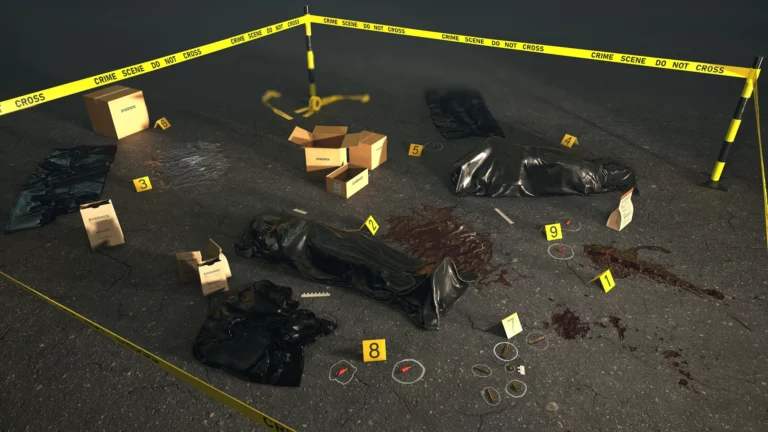Every new Police Officer out of the academy has completed over forty hours of firearms training. Every year police officers spend hours re-certifying and showing proficiency with their firearms. Officers are trained in their less-lethal options, emergency vehicle operations, arrest control, de-escalation techniques, and evidence collection. Officers are trained and constantly re-certified and refreshed on these skills not only to help avoid liability, but to keep officers safe and to help secure criminal convictions.
Despite the best training provided to officers to help them do their job, most agencies give officers an extremely complex, technical, and critical evidence collection tool, a DSLR camera, with no training and expect officers to effectively use that tool to help collect evidence in critical felony cases, including homicides.
Officers and investigators are expected to take crime scene photos with little knowledge of how to unlock the potential of their camera. They must take evidence photos in some of the most challenging conditions available which would make experienced professional photographers think twice. In addition, officers are expected to use this powerful tool to record evidence which can help to identify suspects and prove their cases in court.
This four-day course will teach officers and investigators how to unlock the potential of their department-issued cameras and teach them the skills to use it effectively. Students will see a dramatic improvement in the quality of their photos.
Parts one and two will focus on photography fundamentals. Students will learn how to operate their cameras effectively and the principles behind how the camera works. These skills will be taught both in a classroom setting and with practical exercises. When applied, these skills can help students overcome any challenging situation they may encounter through knowledge-based problem solving. They will be able to produce excellent photos to aid in investigations and prevail in court.
Part three will focus on more technical aspects of crime scene photography including case law, court preparation, and proper methods for photographing examination evidence. Part three will also include practical exercises documenting mock crime scenes.



Castle Forensic Photography Is a Registered Trademark Of Castle Photo Art
© 2024 Castle Forensic Photography. All Rights Reserved